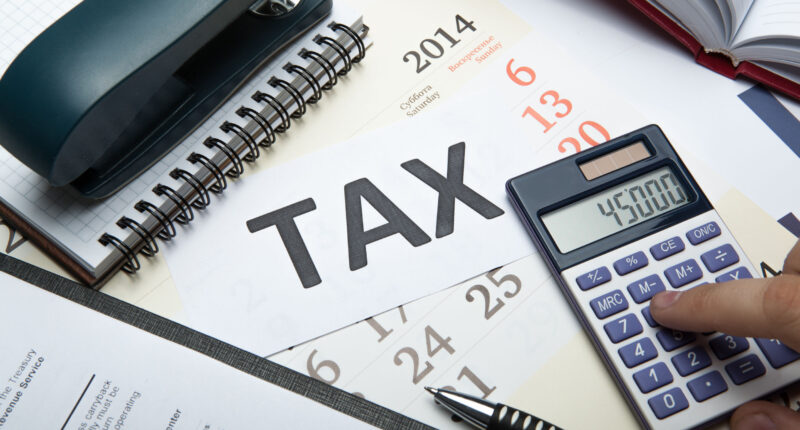Maximize Retirement Contributions
Leverage Tax-Advantaged Plans
Small business owners in Thailand can reduce taxable income by contributing to retirement plans like the Provident Fund or Retirement Mutual Fund (RMF), which offer tax deductions up to 500,000 baht annually, per Revenue Department rules. For example, a sole proprietor earning 2 million baht can save up to 100,000 baht in taxes by maximizing contributions. Consult a tax advisor to ensure compliance with contribution limits and eligibility, especially with Thailand’s aging workforce driving demand for such plans, as noted in 2024 economic reports.
Optimize Business Structure
Choose the Right Entity
Selecting the appropriate business structure, such as a limited company versus a sole proprietorship, can significantly impact tax liability. Limited companies in Thailand benefit from a 20% corporate tax rate, compared to progressive personal income tax rates up to 35% for sole proprietors. Switching to a limited company could save a business earning 5 million baht annually approximately 750,000 baht in taxes, per Revenue Department guidelines. Evaluate with a CPA to balance setup costs and tax benefits, especially with new 2025 regulations encouraging incorporation.
Utilize Expense Deductions
Track and Claim Allowable Expenses
Maximize deductions by meticulously tracking business expenses like rent, utilities, and employee training, which are fully deductible under Thailand’s tax code. For instance, a small retailer spending 1 million baht on eligible expenses could reduce taxable income by the same amount, saving up to 200,000 baht in taxes. Use accounting software to maintain records, as emphasized by posts on X, to avoid missing deductions during audits, a growing concern with Thailand’s stricter 2025 tax enforcement.
Employ Family Members
Split Income for Tax Savings
Hiring family members at reasonable salaries can split income and lower your tax bracket. In Thailand, salaries paid to spouses or children under 18 are deductible if they perform legitimate work, potentially saving 50,000–100,000 baht annually for a business owner in the 20% tax bracket. Ensure proper documentation and compliance with labor laws, as the Revenue Department increased scrutiny in 2024, per industry reports, to prevent abuse of this strategy.
Leverage Tax Credits and Incentives
Explore Industry-Specific Benefits
Thailand offers tax credits for small businesses in sectors like technology and tourism, such as the Digital Economy Promotion Agency’s (depa) 250% deduction on training expenses for digital skills courses, as launched in July 2025. A business spending 200,000 baht on AI training could claim a 500,000 baht deduction, reducing taxable income significantly. Stay updated on incentives like the SME Development Fund, which supported 15,000 businesses in 2024, to maximize savings.
Defer Income Strategically
Manage Taxable Income Timing
Deferring income to 2026, when tax rates may stabilize post-2025 global tariff adjustments, can optimize tax outcomes. For example, delaying a 500,000 baht invoice from December 2025 to January 2026 could save 100,000 baht if the business drops to a lower tax bracket. Use cash-basis accounting to defer income legally, but consult a tax professional to align with Thailand’s stricter reporting rules, effective January 2025, to avoid penalties.








